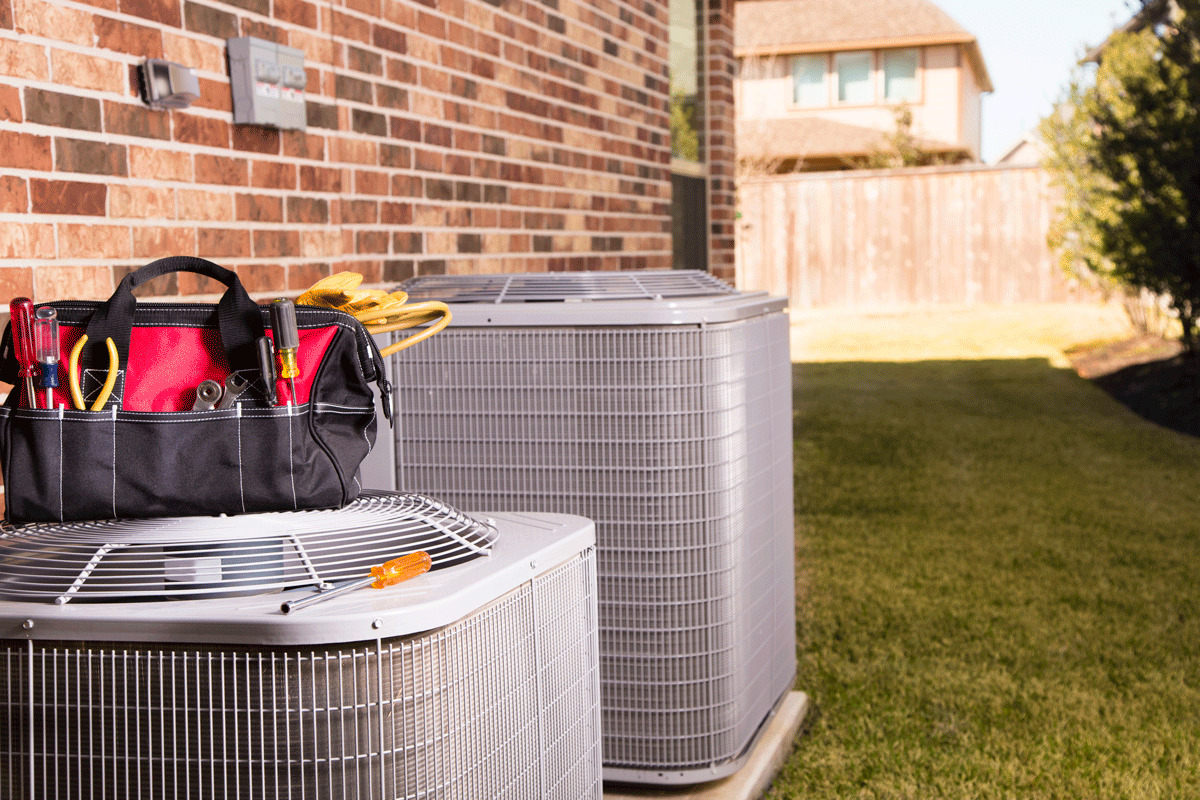What AC SEER Rating Should I Buy? A New Jersey Tech Explains
November 11, 2024

The short answer? Well, it depends.
You see the SEER rating that you choose for your new air conditioner determines several aspects, such as the cost of the AC (both upfront and operational) and the level of comfort it can provide.
So, the answer to the question really just comes down to your budget and comfort preferences:
- If you’re on a strict budget, we suggest sticking to a 13-SEER AC
- If you can afford to splurge on a more efficient AC, we suggest crunching the numbers and talking with a professional before choosing a specific SEER
We’ll explain those answers below. But first, let’s take a closer look at what the SEER rating of an air conditioner really indicates.
SEER 101: What’s it all mean?
SEER stands for “Seasonal Energy Efficiency Ratio” and tells you how energy-efficient your AC unit is. An air conditioner can have a SEER rating anywhere from 13 to 25+.
SEER is calculated by taking the amount of cooling (measured in BTUs) an AC provides over the course of a typical cooling season and dividing it by the energy it consumed all season. The higher the rating, the more efficient the AC. That said, higher-SEER ACs provide higher monthly savings in electricity usage.
But you have to remember, higher-SEER ACs cost a lot more. And, as with any substantial investment, you want to make sure you get a good return on investment over time, right? For example, you want to make sure that the long-term energy savings more than pays back the higher price of a high-SEER AC unit.
We’ll show you how to predict your return on investment when it comes to higher-SEER ACs. First though, let’s look at why 13-SEER is always a safe choice when you’re on a budget.
On a budget? Choose a 13-SEER unit
Why? Well, choosing a 13-SEER means you’re meeting the federally mandated minimum SEER rating. Plus, it can cool you through the New Jersey summers just fine.
But the biggest reason we’d suggest a 13-SEER if you’re on a budget is because the upfront price will be much lower compared to an AC with a SEER rating of 14 or higher.
Of course it all depends on the make, model and features of the AC units, but the price difference between a 13-SEER unit and a 14-SEER unit can be anywhere from $250 to $1,500.
Can you afford to splurge? Do the math before choosing a SEER
Interested in the higher comfort levels and lower monthly bills that a high-SEER AC unit can provide?
Well, don’t rush out to buy one just yet. Instead, do some research and make sure you chat with a professional about just how high you should go in SEER.
Yes, high-SEER units are designed to provide more cooling while consuming less energy BUT how much you actually end up saving every month in electricity really depends on:
- The health of your home’s ductwork
- How well-insulated your home is
- How you use your AC
- Whether or not you keep the unit maintained
Here’s our suggestion:
- Have a professional determine how much you’d save in monthly energy costs. Most professionals provide an in-home inspection where they inspect the ductwork, insulation levels, etc. and determine how much you’d save a month with a high-SEER AC vs a standard AC.
- Calculate the savings you’d accumulate over the lifetime of the unit. Most AC units will last anywhere from 12-15 years. But remember, if you don’t plan to stay in your home for that long, you probably don’t need to spend the extra money for the higher SEER.
- Make sure the net lifetime savings of the higher-SEER unit more than cover its higher upfront cost. Let’s say that your higher-SEER AC will cost $1,150 more than a standard AC. As long as you’d save more than that over the lifetime of your higher-SEER unit, you’re making a solid investment.
